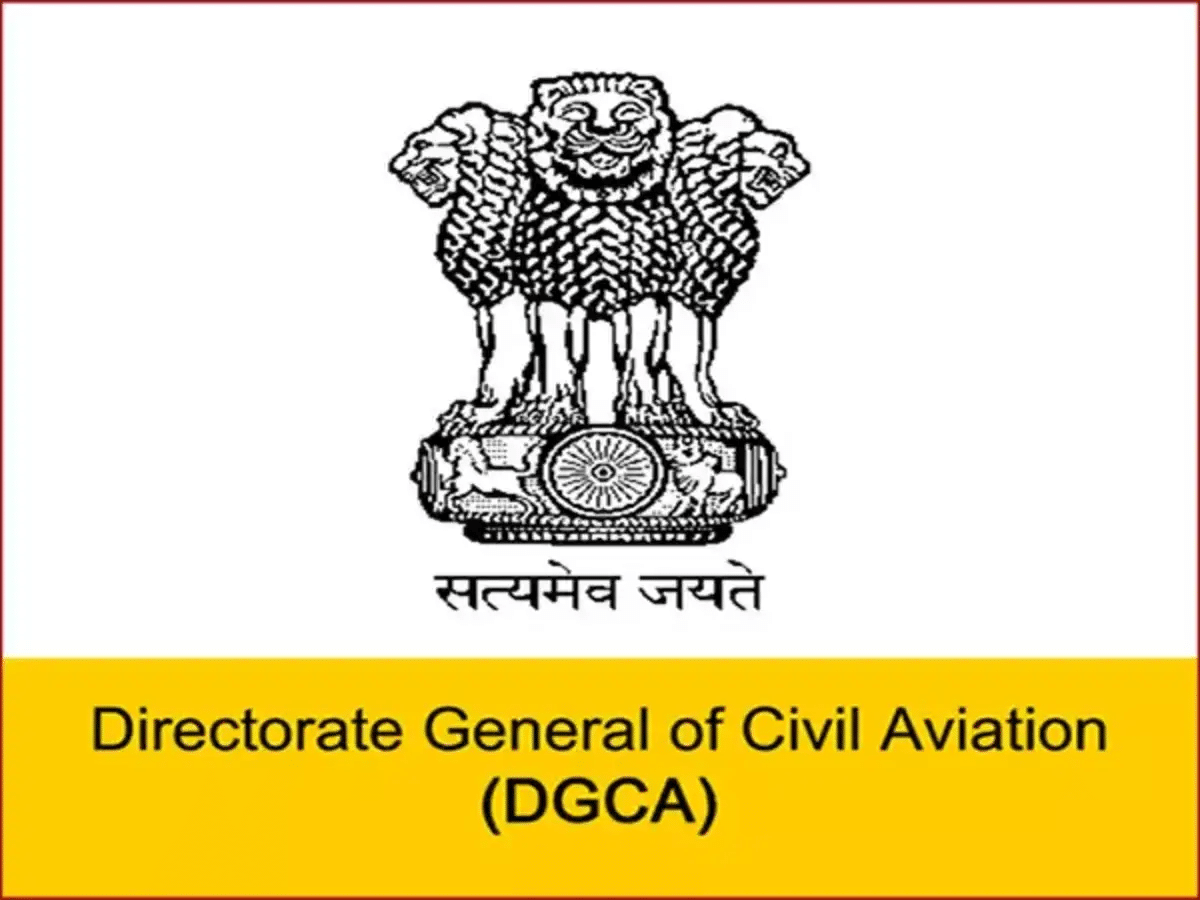About Competition Commission of India:
- It is a statutory body which was established in March 2009 under the Competition Act, 2002.
- The goal of CCI is to create and sustain fair competition in the economy that will provide a ‘level playing field’ to the producers and make the markets work for the welfare of consumers.
- The priority of the Commission is to eliminate practices having adverse effects on competition, promote and sustain competition, protect the interests of consumers, and ensure freedom of trade in the markets of India.
- Mandate: To implement provisions of The Competition Act, 2002 which –
- prohibits anti-competitive agreements and abuse of dominant position by enterprises;
- regulates mergers and acquisitions (M&A) which can have an adverse effect on competition within India. Thus, deals beyond a certain threshold are required to get clearance from CCI.
- It oversees the operations of big enterprises to ensure they are not abusing their ‘dominant position’ or power by controlling supply, setting up high purchase prices, or adopting practices that are unethical and may harm budding enterprises.
- Composition:
- It has the composition of a quasi-judicial body, with one chairperson and six additional members.
- All members of the CCI are appointed by the Central Government.
- Headquarters: New Delhi.
Q1: What is Greenwashing?
Greenwashing involves making an unsubstantiated claim to deceive consumers into believing that a company’s products are environmentally friendly or have a greater positive environmental impact than they actually do.
News: CCI says Zomato, Swiggy in breach of antitrust laws in India: Report
Last updated on November, 2025
→ Check out the latest UPSC Syllabus 2026 here.
→ Join Vajiram & Ravi’s Interview Guidance Programme for expert help to crack your final UPSC stage.
→ UPSC Mains Result 2025 is now out.
→ UPSC Notification 2026 is scheduled to be released on January 14, 2026.
→ UPSC Calendar 2026 is released on 15th May, 2025.
→ The UPSC Vacancy 2025 were released 1129, out of which 979 were for UPSC CSE and remaining 150 are for UPSC IFoS.
→ UPSC Prelims 2026 will be conducted on 24th May, 2026 & UPSC Mains 2026 will be conducted on 21st August 2026.
→ The UPSC Selection Process is of 3 stages-Prelims, Mains and Interview.
→ UPSC Result 2024 is released with latest UPSC Marksheet 2024. Check Now!
→ UPSC Prelims Result 2025 is out now for the CSE held on 25 May 2025.
→ UPSC Toppers List 2024 is released now. Shakti Dubey is UPSC AIR 1 2024 Topper.
→ UPSC Prelims Question Paper 2025 and Unofficial Prelims Answer Key 2025 are available now.
→ UPSC Mains Question Paper 2025 is out for Essay, GS 1, 2, 3 & GS 4.
→ UPSC Mains Indian Language Question Paper 2025 is now out.
→ UPSC Mains Optional Question Paper 2025 is now out.
→ Also check Best IAS Coaching in Delhi

















